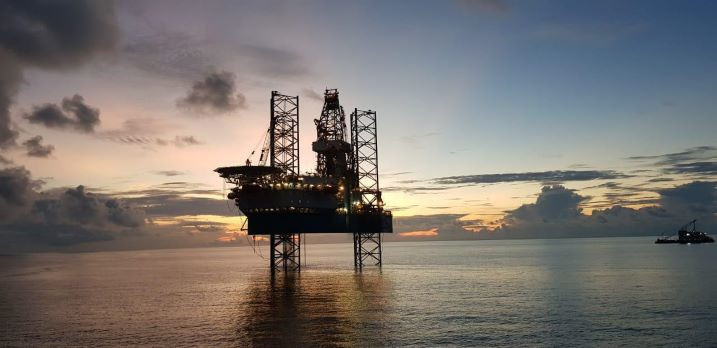Popular Reads
Top Results
Can't find what you're looking for?
View all search resultsPopular Reads
Top Results
Can't find what you're looking for?
View all search resultsCCS charts a reliable but challenging path toward net zero
The mixed regulatory landscape may deter potential investors from considering the implementation of CCS projects in Indonesia.
Change text size
Gift Premium Articles
to Anyone
I
ndonesia, a developing country endowed with abundant fossil fuel resources, anticipates that fossil fuels will continue to be its primary energy source for the coming decades. However, in line with its commitment to combating climate change, the government has pledged to reduce carbon emissions stemming from fossil fuel consumption.
The country has set an ambitious climate goal of reducing carbon emissions by 31.89 percent by 2030, or 43.2 percent with international support. Additionally, Indonesia aspires to achieve carbon neutrality or net zero by 2060. To realize these objectives, Indonesia is committed to embracing carbon capture and storage (CCS) technology.
This technology is gaining prominence as a pivotal tool in our collective efforts to address the urgent challenge of continually rising global carbon dioxide levels. Its perceived capability to effectively combat this critical issue has garnered it a reputation as a formidable solution to the climate crisis.
The appeal of CCS extends beyond its self-explanatory name, which entails capturing and securely storing CO2 emissions. It also lies in its practical and economically viable potential as a transitional agent for economies, heavily reliant on fossil fuels.
This technology not only promises to mitigate the adverse effects of climate change but also offers a pragmatic pathway for transitioning away from fossil-based economies, marking a significant step toward a more sustainable and environmentally responsible future.
What sets CCS apart is its well-established track record as a proven technology. In other parts of the world, such as the Sleipner project in offshore Norway, CCS has been operational for over a decade, achieving success in reducing carbon emissions. This accomplishment is primarily attributed to its capacity to leverage insights drawn from other mature industries.
By tapping into the knowledge and techniques honed within the process and petroleum sectors, CCS has adeptly adapted and excelled in the capture and secure storage of CO2 emissions.



















